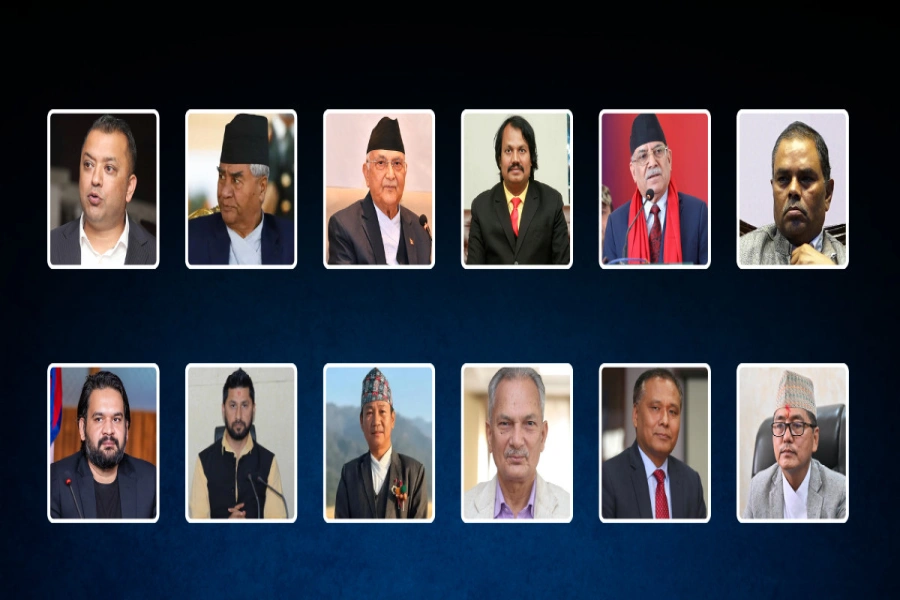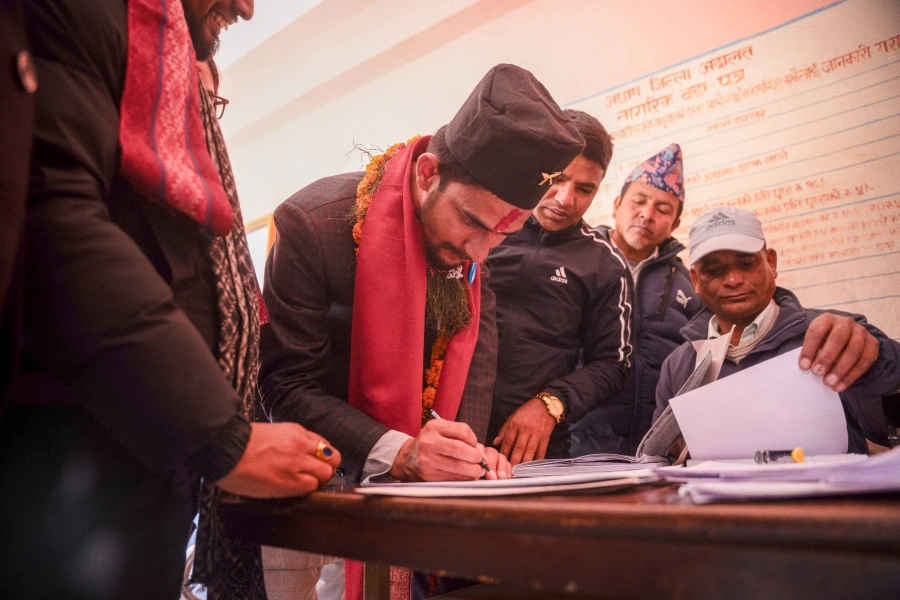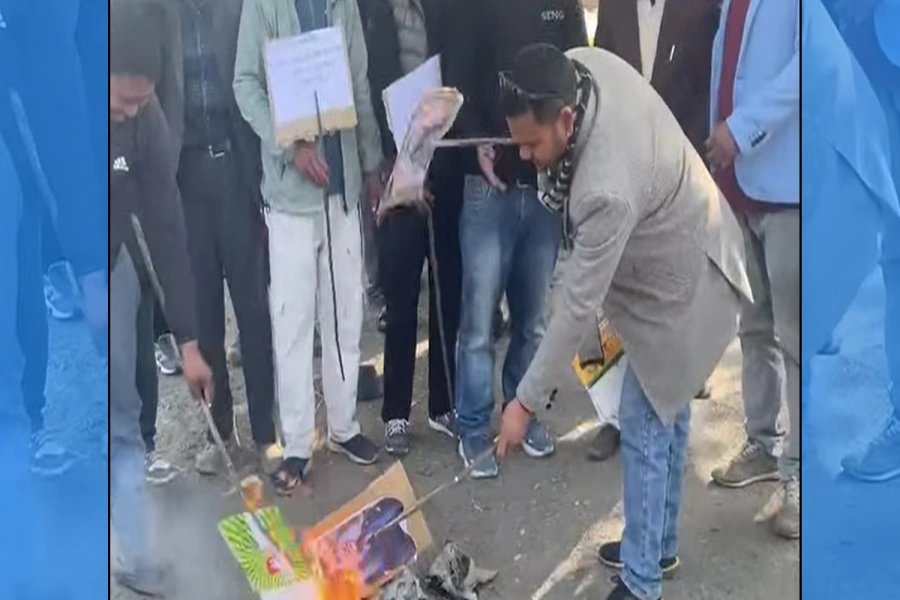Universities play a crucial role in the creation and dissemination of knowledge, and it is knowledge which shapes the direction of development for a country. As centers of higher learning, universities are expected to provide students with the opportunity to engage in advanced study and research in a wide range of fields – from the sciences and engineering to the arts and humanities. Similarly, universities are expected to provide a diverse range of educational programs to prepare students for a wide range of careers, making sure that there is a trained and qualified workforce to meet the needs of the country’s different sectors. This helps to nurture the next generation of innovators, scholars, and leaders who will drive the country’s development. In Nepal, there has been a competition of sorts to establish universities. But sadly, no one has paid attention to their quality. One of the primary ways that universities contribute to the creation of knowledge is through research. Research conducted at universities abroad has led to the development of life-saving medical treatments, innovative technologies, and new approaches to solving social and environmental issues. By conducting research in various fields, universities help to generate new ideas, theories, and technologies that can be applied to solve real-world problems and advance human understanding of the world, and even things beyond the world.
Eight universities from Nepal, India and B’desh to compete in J...

But look at our universities. Where do they stand? Where does Tribhuvan University (TU), the country’s oldest and largest one, stand for that matter? How effective has this university been in knowledge creation through research? Needless to say, the major reason preventing this university from playing its role effectively is politicization. In fact, political interference in TU has had a number of negative effects, including the university’s ability to operate effectively and efficiently, damaging its reputation, and undermining the quality of education it is able to provide. This is a matter of great worry. It is a well-established fact that a university needs to be free from political interference in order to fulfill its mission of providing high quality education and conducting research. All stakeholders agree that TU must be made autonomous but sadly that has not been possible. It is an open secret that universities in Nepal are autonomous only on paper and that everything from appointing the office-bearers to designing the programs is highly politicized. Institutions like Research Centre for Applied Science and Technology (RECAST), Center for Economic Development and Administration (CEDA), Center for Nepal and Asian Studies (CNAS) do exist under the auspices of TU, but these specialized institutions have not been able to deliver the desired results and lag behind in terms of carrying out valuable research.
In the past, the research carried out by these institutions had shown some hope but the bitter reality is these institutions have become worthless over the past decade and a half, especially after the political change of 2006. The main reason behind this utter failure is political interference. Today, the situation is such that TU, for the past two years, has been seeking proposals worth as much as Rs 5 million for intense research in the areas of national priority but the bitter reality is it has been receiving very, very few applications for that, and has not been able to spend the budget allocated for research. Another example is the National Atmospheric Resource and Environmental Research Laboratory (NARERL), which is supposed to conduct research on issues like air pollution and climate change which are of great importance to Nepal. The task of construction of building for such a crucial institution remains stalled for years. As a result, pieces of equipment worth tens of millions of rupees have found no use. The upgradation and effective operation of this all-important laboratory is mentioned even in the 15th Development Plan of the country but sadly today NARERL is in a sorry state. It is really sad that TU leadership has paid no heed to this matter. These are just a few examples of problems which need immediate intervention from TU leadership. Let's not forget that a country is only as good as its universities.


















_20220508065243.jpg)



















